Introduction
Salted duck eggs, a beloved ingredient in Asian cuisine, hold a special place in home kitchens for their rich, savory flavor and versatility. These eggs, preserved in a brine or clay mixture, develop a distinctive salty taste and a creamy, golden yolk that contrasts beautifully with their firm whites. While often enjoyed on their own or as a side dish, stir-fried salted duck eggs offer a heartier, more dynamic culinary experience. This dish transforms the humble preserved egg into a star ingredient, combining it with aromatic vegetables and seasonings to create a meal that is both comforting and full of depth.
In this article, we will explore the step-by-step process of preparing stir-fried salted duck eggs at home, ensuring even novice cooks can master this dish. From selecting the finest eggs to perfecting the stir-fry technique, we will delve into the nuances of balancing flavors and textures to achieve a harmonious final plate. Whether you’re craving a nostalgic family recipe or seeking to expand your repertoire of quick, flavorful meals, this guide will equip you with the knowledge to create a dish that is both satisfying and deeply satisfying.
Ingredients: Building the Foundation of Flavor
Before diving into the cooking process, gathering the right ingredients is crucial. The beauty of stir-fried salted duck eggs lies in its simplicity, requiring minimal components to maximize taste. Here’s what you’ll need:
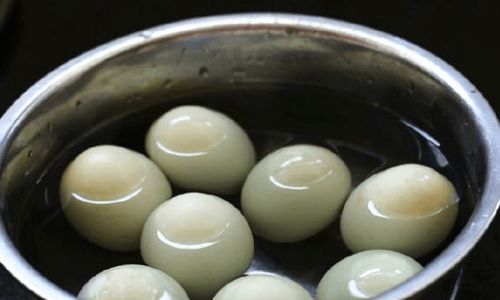
- Salted Duck Eggs (4–6 pieces): Opt for eggs with intact shells and a uniform gray hue. Avoid those with cracks, as they may be overly salty or spoiled.
- Aromatics:
- Garlic (4 cloves, minced): Adds pungency and depth.
- Ginger (1-inch piece, grated): Provides a subtle warmth.
- Fresh Red Chilies (2–3, sliced): Adjust to your spice preference; they contribute a mild heat.
- Vegetables:
- Bell Peppers (1 medium, diced): For sweetness and crunch.
- Spring Onions (3 stalks, chopped): Separate the white and green parts for layered flavor.
- Young Corn (1 cob, kernels sliced off): Adds a tender, juicy texture.
- Seasonings:
- Light Soy Sauce (1 tbsp): Enhances umami without overpowering.
- Oyster Sauce (1 tsp, optional): For a hint of sweetness and richness.
- White Pepper (¼ tsp): A pinch elevates the dish’s complexity.
- Cooking Oil: Use a neutral oil like vegetable or canola (2 tbsp) to prevent competing flavors.
- Garnish: Fresh cilantro leaves or toasted sesame seeds for a finishing touch.
Step-by-Step Preparation: Turning Ingredients into Art
Preparing the Salted Duck Eggs
Salted duck eggs require careful handling to ensure they retain their shape and texture during cooking. Begin by gently rinsing the eggs under cold water to remove any residual brine or debris. Fill a medium pot with water, submerge the eggs, and bring to a rolling boil. Reduce the heat to a simmer and cook for 8–10 minutes. This boiling process not only softens the eggs but also mellows their intense saltiness.
Once cooked, transfer the eggs to an ice bath for 2 minutes to halt cooking. Peel them under cool running water, as the cold water helps separate the shell from the egg. Pat the eggs dry with paper towels to prevent oil splatters during stir-frying. Slice each egg into quarters or sixths, depending on your preference.
Sautéing the Aromatics
Heat the cooking oil in a wok or large skillet over medium heat. Add the minced garlic, grated ginger, and sliced chilies. Sauté for 1–2 minutes until fragrant but not browned. The key here is to release the aromatics’ essential oils without burning them, which would impart bitterness. Stir continuously to ensure even cooking.

Introducing the Vegetables
Add the diced bell peppers and white parts of the spring onions to the wok. Stir-fry for 3–4 minutes until the vegetables soften slightly but retain their vibrant color. The bell peppers’ natural sweetness will balance the salted eggs’ brininess, while the spring onions add a mild oniony note.
Combining with Salted Duck Eggs
Gently slide the sliced salted duck eggs into the wok. Use a spatula to toss the ingredients lightly, ensuring the eggs are coated in the aromatic oil. Avoid aggressive stirring, as this may break the eggs into smaller pieces. Let the eggs cook for 2–3 minutes, allowing them to absorb the flavors of the vegetables and aromatics.
Seasoning to Perfection
Drizzle the light soy sauce and oyster sauce (if using) over the mixture. Sprinkle the white pepper evenly. Toss gently to distribute the seasonings without crushing the eggs. Taste and adjust the saltiness—since salted duck eggs are already preserved, additional salt is rarely needed. For a touch of acidity, a squeeze of lime juice can be added at this stage.
Final Touches and Garnish
Add the young corn kernels and the green parts of the spring onions. Stir-fry for another minute to warm the corn through. The corn’s freshness provides a delightful contrast to the dish’s richness. Transfer the stir-fry to a serving platter and garnish with cilantro leaves or toasted sesame seeds.

Tips and Tricks for Culinary Excellence
- Balancing Saltiness: If the salted duck eggs are exceptionally salty, soak them in cool water for 30 minutes before boiling. This step leaches out excess salt without compromising flavor.
- Preventing Oil Splatters: Ensure the eggs are completely dry before slicing and cooking. Moisture causes oil to splatter, which can be hazardous.
- Texture Control: For a creamier texture, mash one of the egg yolks into the wok during the final minutes of cooking. This creates a luxurious sauce that coats the vegetables.
- Spice Adjustments: Tailor the heat level by using milder chilies or omitting them entirely. A dash of chili oil at the end can also add smokiness without overwhelming the dish.
- Vegetable Substitutions: Feel free to experiment with vegetables like snap peas, mushrooms, or diced carrots. Each addition introduces a new layer of flavor and nutrition.
Serving Suggestions and Pairings
Stir-fried salted duck eggs shine when paired with steamed jasmine rice, which absorbs the dish’s savory juices. For a complete meal, serve it alongside a simple cucumber salad or stir-fried greens like bok choy. The dish’s robust flavors also complement congee (rice porridge), making it an excellent breakfast or late-night snack.
Cultural Significance: A Taste of Tradition
Salted duck eggs hold cultural importance in many Asian societies, symbolizing prosperity and unity. During festivals like the Mid-Autumn Festival, they are often paired with mooncakes as a nod to tradition. Stir-frying them at home connects modern cooks to generations of culinary wisdom, where resourcefulness and flavor go hand in hand.
Variations and Customizations
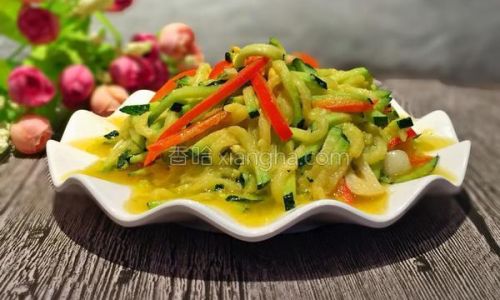
- Protein Boost: Add diced tofu or shrimp during the vegetable sautéing stage for extra protein.
- Herb Infusion: Tear fresh basil or mint leaves into the dish just before serving for a refreshing twist.
- Gluten-Free Option: Substitute soy sauce with tamari or coconut aminos to cater to dietary needs.
Conclusion: A Dish That Nourishes Body and Soul
Stir-fried salted duck eggs are more than a meal—they are a testament to the joy of simple, wholesome cooking. With minimal effort, you can transform a humble preserved ingredient into a dish that delights the senses and warms the heart. Whether you’re cooking for family, friends, or yourself, this recipe invites you to slow down, savor the process, and revel in the magic of home-cooked goodness. So, gather your ingredients, heat the wok, and let the aromas of garlic, ginger, and salted eggs fill your kitchen. A culinary adventure awaits, one that bridges tradition and innovation, and leaves a lasting impression on your palate.
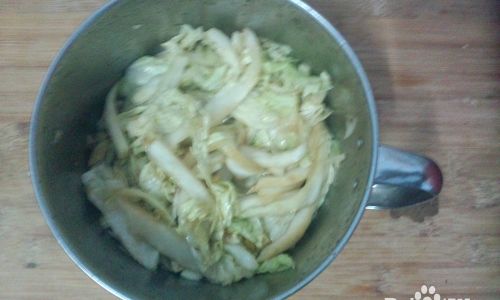
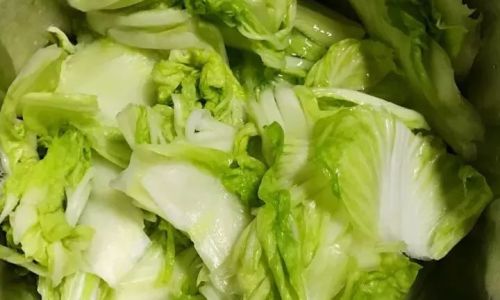

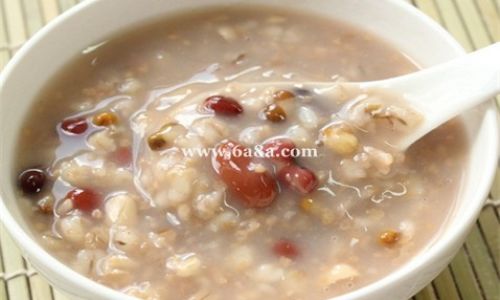

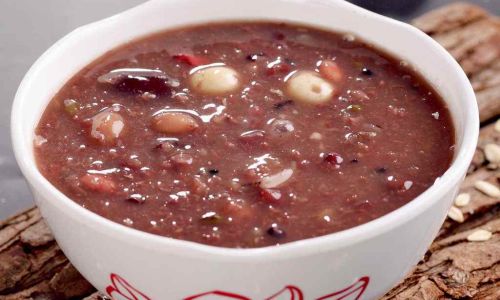
0 comments